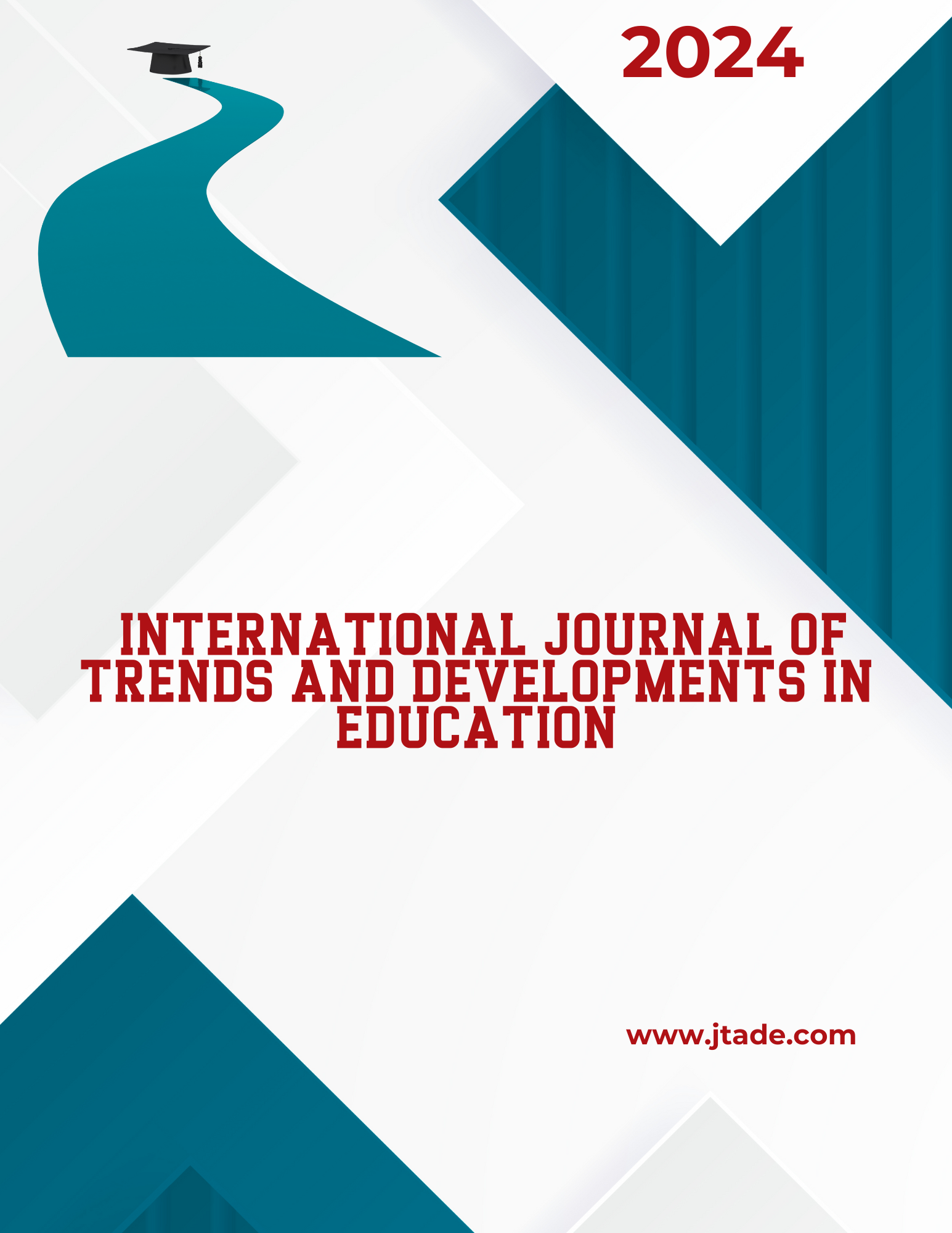Research article | Open Access
International Journal of Trends and Developments in Education 2024, Vol. 4(2) 31-41
The Views of The Parents About Play Participation
pp. 31 - 41 | DOI: https://doi.org/10.5281/zenodo.14567442
Publish Date: December 30, 2024 | Single/Total View: 203/99 | Single/Total Download: 228/123
Abstract
This study examined the importance of play and family in child development. Qualitative research method was used in the study. 7 parents of preschool children participated in the study. Data were collected from the participants with an interview form. In the interviews, topics such as the activities parents do with their children, children's playmates, types of games they play, play time and preferred toys were discussed. According to the findings, the games most preferred by children were 'coloring activities', and 'mother' and 'father' were generally prominent as playmates. Parents stated that games increase children's academic success, develop thinking skills, support physical development, strengthen communication skills, provide empathy, teach self-care skills and provide social behaviors. In terms of play resources, factors such as parents guiding their children, teacher support, social media and other parents' posts stand out. As a result, families are aware of the importance of games in child development and think that games have an important place in children's social, cognitive and emotional development. These findings show that families should play more active games with their children and diversify their play environments. In addition, according to the findings obtained as a result of the research, the concepts of Play, Parent child interaction and Child development were emphasized.
Keywords: Play, Parent child interaction, Child development
APA 7th edition
Dursun, B., & Dortok, H.D.G. (2024). The Views of The Parents About Play Participation. International Journal of Trends and Developments in Education, 4(2), 31-41. https://doi.org/10.5281/zenodo.14567442
Harvard
Dursun, B. and Dortok, H. (2024). The Views of The Parents About Play Participation. International Journal of Trends and Developments in Education, 4(2), pp. 31-41.
Chicago 16th edition
Dursun, Busra and Hatice Damla Gur Dortok (2024). "The Views of The Parents About Play Participation". International Journal of Trends and Developments in Education 4 (2):31-41. https://doi.org/10.5281/zenodo.14567442
